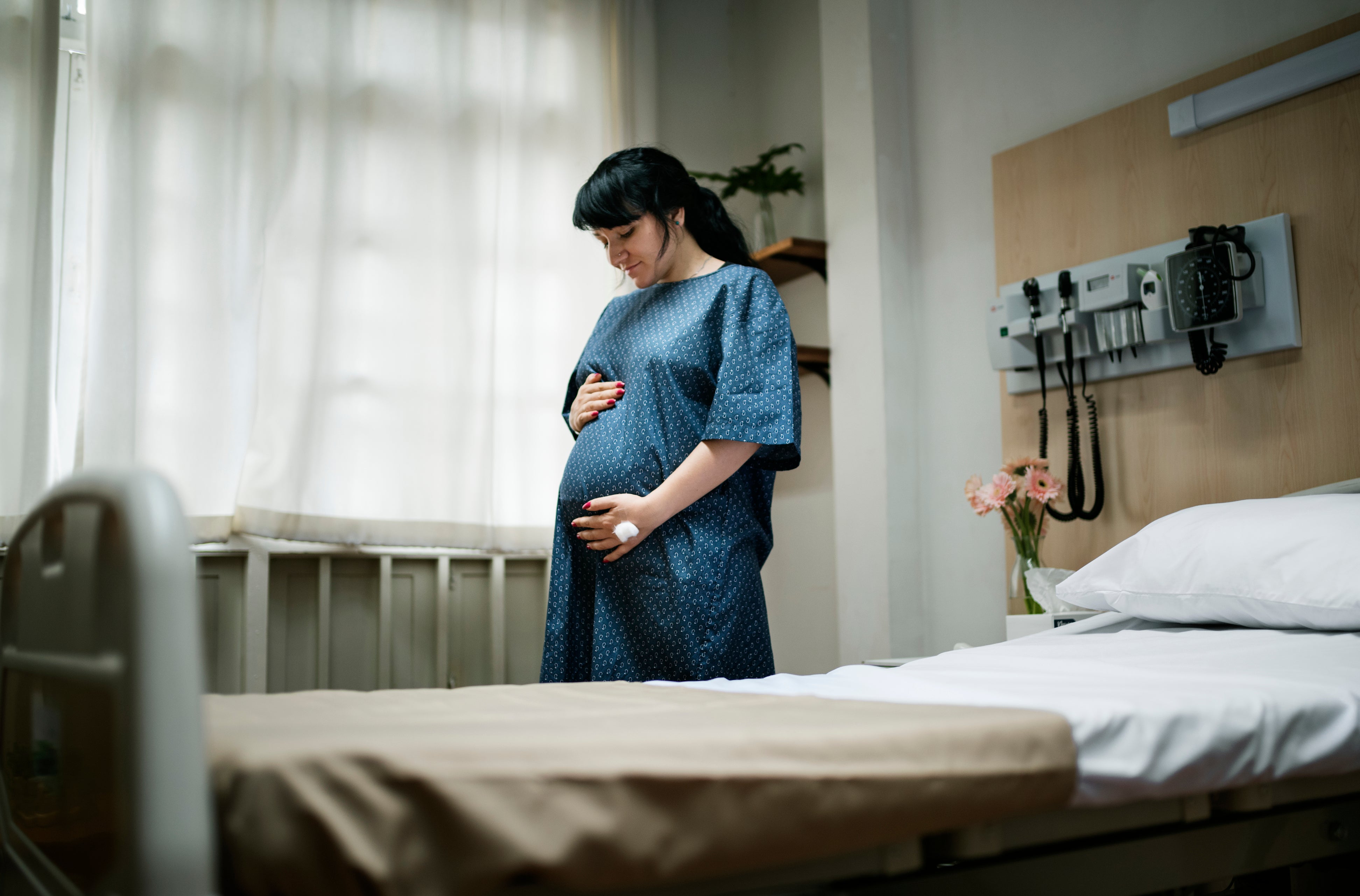NHS maternity services shouldn’t be promoting pseudoscience
In an age when medicine has become increasingly evidence-based, maternity seems determined to swim against the tide, writes Kim Thomas

If you give birth in Nottingham, and your placenta is slow to deliver, then expect to be offered aromatherapy oils such as jasmine or basil to speed it up. If you feel frightened or panicky during labour, then you might be offered frankincense to calm your “hysteria”. Perhaps your caesarean section scar is hurting, in which case, what better than an essential oil compress?
The revelation that the maternity unit at Nottingham University Hospitals NHS Trust has guidelines recommending aromatherapy to treat complications arising from labour has shocked many, with Susan Bewley, emeritus professor of obstetrics and women’s health at King’s College London, saying that the guidelines “make implausible and unsupported claims that appear to have been approved by colleagues asleep at the wheel”.
Yet for those of us who work with women who have experienced poor care at the hands of the maternity system, the news that Nottingham – currently under investigation by midwife Donna Ockenden for a series of baby deaths – is using quack treatments comes as no surprise. In an age when medicine has become increasingly evidence-based, maternity seems determined to swim against the tide.
Subscribe to Independent Premium to bookmark this article
Want to bookmark your favourite articles and stories to read or reference later? Start your Independent Premium subscription today.
Join our commenting forum
Join thought-provoking conversations, follow other Independent readers and see their replies